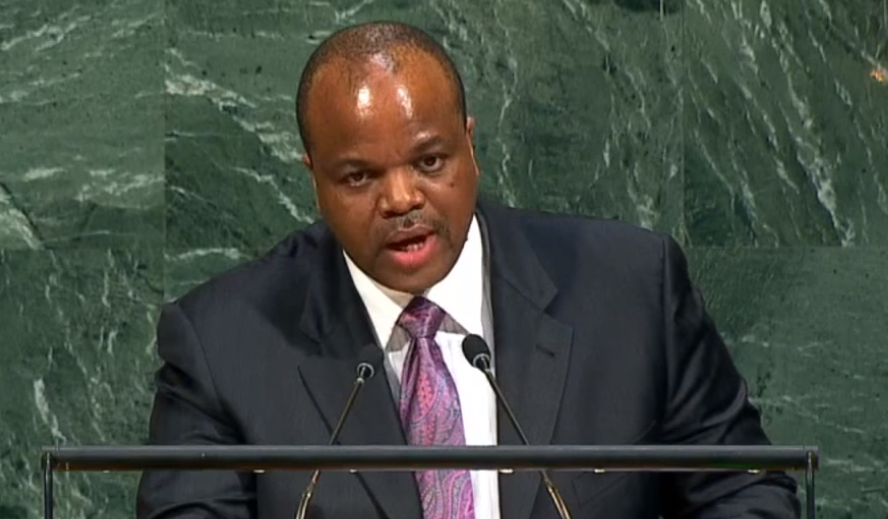The next government of Eswatini (formerly Swaziland) must bring an end to the long record of human rights violations that have blighted the country for more than four decades, Amnesty International said today, as people in Africa’s last absolute monarchy head to the polls.
This election represents a golden opportunity for an incoming government to comprehensively address longstanding human rights issues
Deprose Muchena, Amnesty International’s Regional Director for Southern Africa
The Southern African kingdom – which is under the near total control of King Mswati – has a longstanding record of human rights violations, including the routine suppression of the rights to freedom of expression, association and peaceful assembly, as well as widespread forced evictions. Swazis will today elect new members of parliament that will form the new government for the next five years.
“This election represents a golden opportunity for an incoming government to comprehensively address longstanding human rights issues,” said Deprose Muchena, Amnesty International’s Regional Director for Southern Africa.
On 8 August 2017, King Mswati approved the Public Order Act, imposing far-reaching restrictions on organizers of public gatherings.
The Act also failed to provide mechanisms to hold law enforcement officials accountable for their use of unnecessary or excessive force against protesters or public gatherings. The government continues to ban opposition parties, while political activists are regularly put in jail for trying to organize and speak out against the status quo.
Eswatini will only become a thriving nation when human rights are respected for all, without discrimination
Deprose Muchena
In its latest report, launched last month, Amnesty International highlighted ongoing forced evictions – often carried out to make way for development projects – which have left hundreds of people homeless and pushed them deeper into poverty. Hundreds of people are at risk of being forcibly evicted primarily because most of the land in Eswatini is held by the King and they lack security of tenure. The existing legal framework fails to provide sufficient clarity regarding land ownership.
“Beyond these elections, there must be political reforms that create a space for all people to freely express themselves and enjoy their human rights. That begins by ending undue restrictions on the rights to freedom of expression, peaceful assembly and association, while ensuring a safe and enabling environment for civil society and human rights defenders in which they can work without fear of being criminalized,” said Deprose Muchena.
“Eswatini will only become a thriving nation when human rights are respected for all, without discrimination.”


